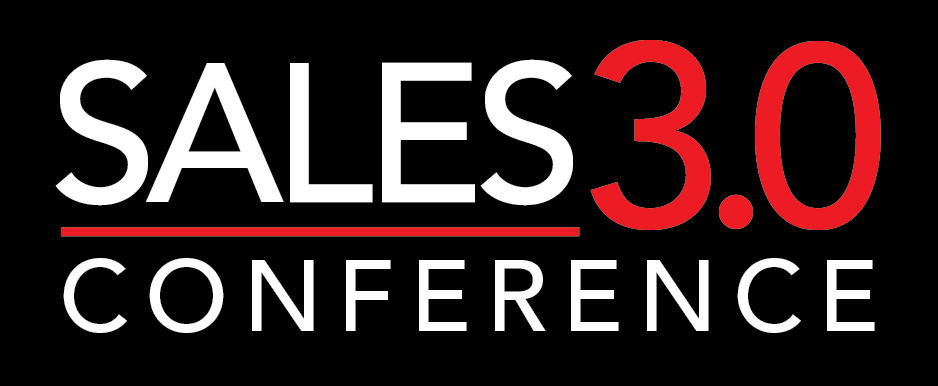In 2023, AI Magazine listed their top 10 chief AI officers. Only three were women. Indeed, most of the AI news today focuses on people like Sam Altman, Elon Musk, or the top execs at the largest tech companies – almost exclusively male. However, the field of artificial intelligence (AI) has been significantly shaped by the contributions of numerous female pioneers, leaders, and developers. Here is a list highlighting just a few of the key women in the development of AI and machine learning (ML), both past and present.
Ada Lovelace (pictured above)
Often considered the first computer programmer, Ada Lovelace worked on Charles Babbage’s early mechanical general-purpose computer, the Analytical Engine, in the mid-19th century. Her work laid the foundation for future generations of computer programming.
Regina Barzilay
A distinguished professor at MIT, she is a leading researcher in natural language processing and machine learning, contributing to the ability of computers to understand and generate human language.
Cynthia Breazeal
A pioneer of social robotics and human–robot interaction, she created the robot Kismet at MIT in 2000, which was designed to engage in social interaction with humans. Her seminal book, Designing Sociable Robots, is recognized as a landmark in launching the field of social robotics and human-robot interaction.
Joy Buolamwini
Known as the poet of code, Joy uses art and research to illuminate the social implications of AI. She founded the Algorithmic Justice League to create a world with more equitable and accountable technology.
Kay Firth Butterfield
The world’s first chief AI ethics officer, she is known for her work in ethical AI standards.
Dr. Marian Croak
As a trailblazer in technology with over 200 patents to her name and a place in the Inventors Hall of Fame, she now leads the responsible AI efforts at Google.
Gargi B. Dasgupta
As the director of product management and AI leader at IBM, she is responsible for the technical strategy of AI assistants built on WatsonX.
Cynthia Dwork
Known for her work in differential privacy, a type of privacy-preserving data analysis, her contributions have been crucial in maintaining the privacy of individuals in the era of AI.
Gila Kamhi
With a software engineer background, Gila is currently the chief AI officer at Intel.
Fei-Fei Li
A computer science professor at Stanford, she co-developed ImageNet, a large visual database for visual object recognition software research, advancing the field of computer vision.
Elaine Rich
An AI researcher who published one of the first AI textbooks, Artificial Intelligence, in 1983, Elaine Rich has been instrumental in educating students and professionals about AI fundamentals. A distinguished senior lecturer at the University of Texas at Austin, Elaine was named a Fellow of the Association for the Advancement of Artificial Intelligence in 1991.
Francesca Rossi
Leading Global AI Ethics at IBM, she addresses critical AI governance, ethics, responsibility, and responsible innovation matters. She has chaired the AAAI Conference on Artificial Intelligence, the world’s largest general AI conference, which convened more than 4,000 scientists.
Clara Shih
As CEO of Salesforce AI, she oversees AI efforts across the company, including product, go-to-market, growth, adoption, and ecosystem for Einstein GPT, the world’s number one AI for CRM.
Navrina Singh
She is the founder of Credo AI, helping organizations monitor, measure, and manage AI-introduced risks. Currently she serves as the executive board member of Mozilla Foundation, focused on driving its mission of open Internet via trustworthy AI.
Miriam Vogel
As the president and CEO of EqualAI, Miriam Vogel leads a non-profit organization that aims to reduce harms from and promote responsible governance of AI. In addition, she serves as the chair of the National AI Advisory Committee (NAIAC), a congressionally mandated body that advises the President and the White House on AI policy.
These women have not only contributed to the advancement of AI technology but also to the ethical and responsible use of AI. Their work spans a wide range of specialties, from the theoretical to practical applications, reflecting the diverse impact AI has across business and society. Please connect with us to let us know of others not featured here.

Today’s blog post is by Jeff Campbell. He is AI Editor of Sales 3.0 Conference.




